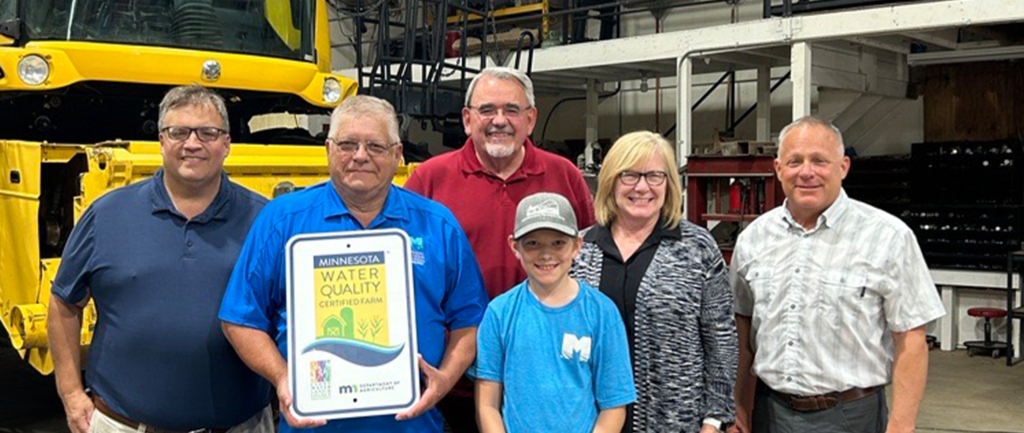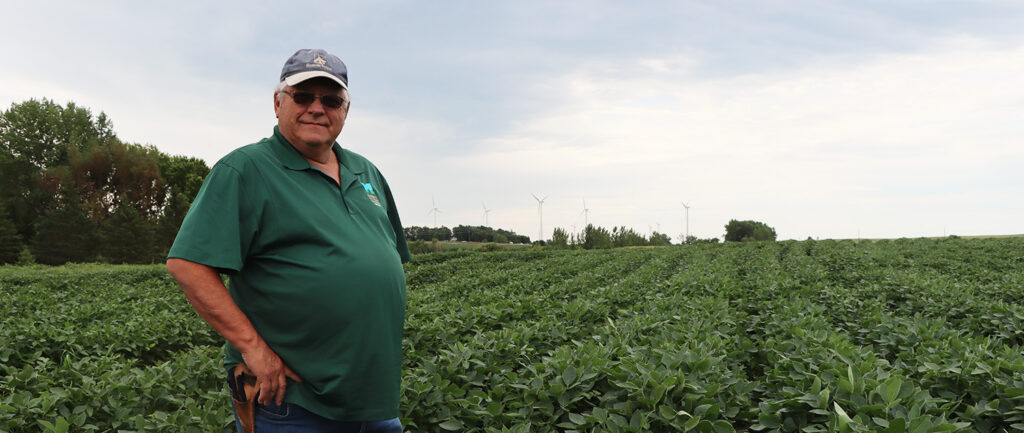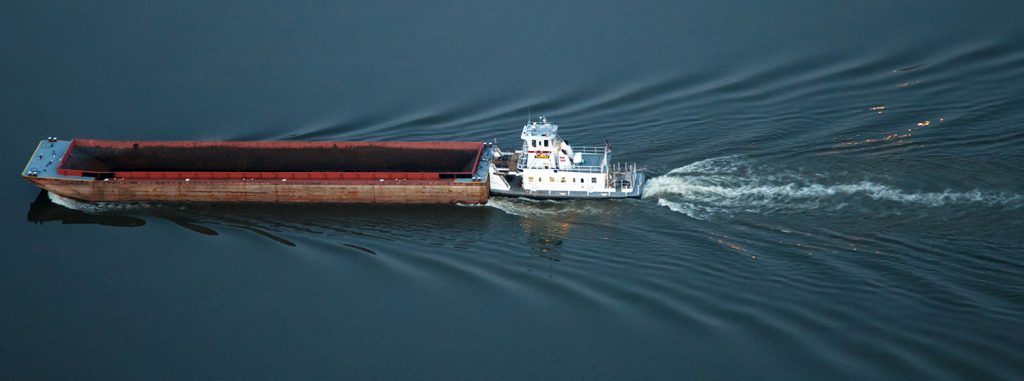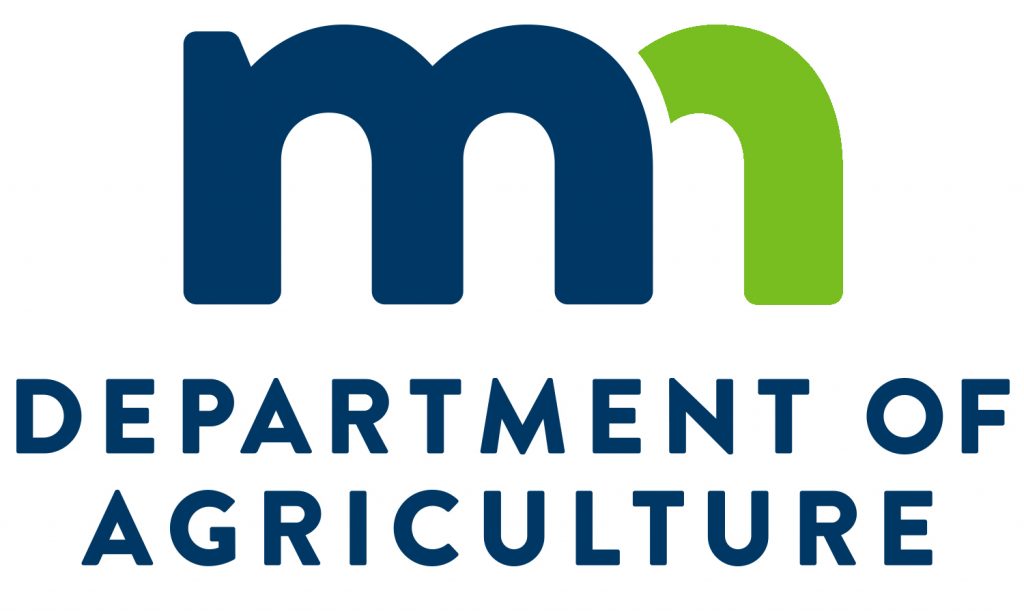Farmer leaders educate, help look for solutions
Gov. Mark Dayton’s much anticipated Water Summit came and went Saturday with agriculture taking center stage early and often. Overall, however, plenty of discussion and collaboration occurred between the 800 stakeholders representing the ag community, environmental groups, landowners, business owners and citizens.
“We had very good dialogue here,” said Minnesota Soybean Growers Association (MSGA) President Paul Freeman. “A lot of parties came together with different ideas but there was a lot of agreement that water quality is important to the state.”

Freeman joined MSGA directors Brad Hovel, Gary Joachim and Steve Commerford for the daylong summit at the St. Paul Intercontinental Hotel. Also in attendance was Minnesota Soybean Research & Promotion Council (MSR&PC) Director Rochelle Krusemark.
“The population here was so non-ag that I think our voice was important,” Krusemark said. “I had several people thank me for my comments.”
Krusemark said a lot of the discussion in the breakout sessions she attended centered around farming practices, to which she said most people were curious.
“I think it was a good thing so many farmers and farm groups attended,” she said.
Freeman echoed that sentiment.
“I think we are getting more of an understanding with the involved parties,” he said. “We’re coming together some. They understand that we want to stay in business. Several times I had to remind people I’m not putting excess product out there because the product is expensive and I’ve got to manage the best I can. People didn’t realize the strides we have been making, and I really tried to make it a point that we’ve made some major strides and we’re trying to improve all the time.”
Hovel said he was surprised at how well the summit went. Leading up to the event, a MN Water Summit discussion board, meant to engage the online community discussion, was littered with anti-ag sentiments.
“We all need to be on the same page,” Hovel said. “Everyone needs to do a better job. There is always room for improvement, and not just with water but with efficiencies as well.
Hovel said a lot of the discussion he heard in the breakout sessions stayed away from pointing blame and looked at solutions.
“I thought they were getting down to the local level, where it should be, to look at some of these issues,” he said. “It’s always a challenge because funding doesn’t always trickle down to where it needs to be.”
In his opening remarks, Gov. Dayton started out very positive, telling attendees the summit was not about assigning blame but “developing solutions,” before taking a blanked shot at farmers by pointing to a 2015 story out of southwestern Minnesota where one person was quoted as saying: “Ya, it’s too bad we can’t swim, but we live in an agriculture area and that’s just the way it is.”
“Well it will remain just the way it is if the prevailing attitude is that of the brothers who farm 6,000 acres outside of town,” he said. “They say they resent the cities for telling farmers what to do. My response is, it shouldn’t be necessary for governors or legislators to tell farmers what to do. They know what to do better than anyone else on their own farmlands. We just need for all of them to do it.”
Freeman took exception to the comment, and caught up with Dayton after the opening remarks to express his concerns.
“I did have the chance to visit with Gov. Dayton about his comment about ‘just the way it is,’” Freeman said. “He came up with that statement again and when I talked to him I told him, ‘no it’s very dynamic on the farm. We’re always trying to improve and it’s not just the way it is. We are always improving, and we want the tools to improve. We want to avoid looking down and getting stuck in regulations.”

The Water Summit covered a wide range of opinions on how to improve water quality. Some of the suggestions were to have more cover crops; to create markets for cover crops to encourage planting; recognition for people doing the right thing; more education for farmers and cities; more funding at the local level, especially for Soil & Water Conservation Districts; setting nitrate standards for tile lines; creating more holding ponds; more research and funding at the university level, and creating better partnerships between farmers and cities.
Freeman said the discussions are helpful for MSGA with the session just around the corner.
“There was consensus that we can do better but there wasn’t consensus on exactly what road we’re going to take to do better,” he said. “When we have these people come together and there is a consensus for funding research and funding the university, we have some direction on the Hill. Getting the right answers is important.”
The next step is to review the harvested information from participants at the summit. Each breakout session involved questionnaires and group notes, which will be compiled into a report and sent to Gov. Dayton.
Tags: Governor's Water Summit




